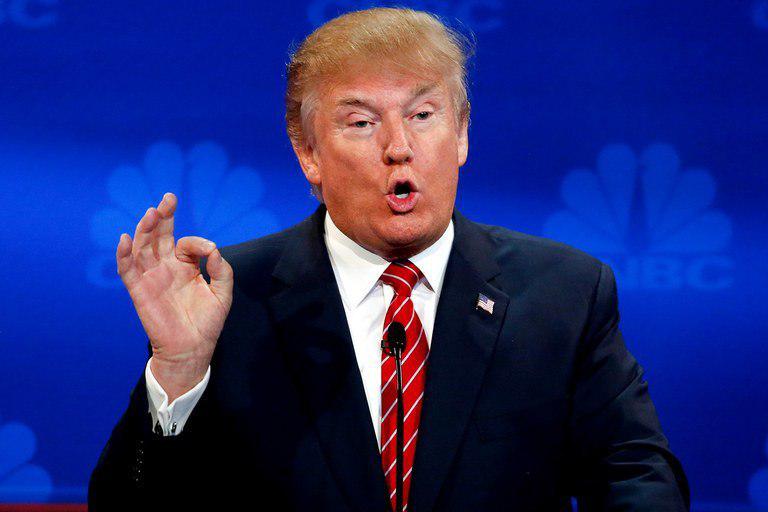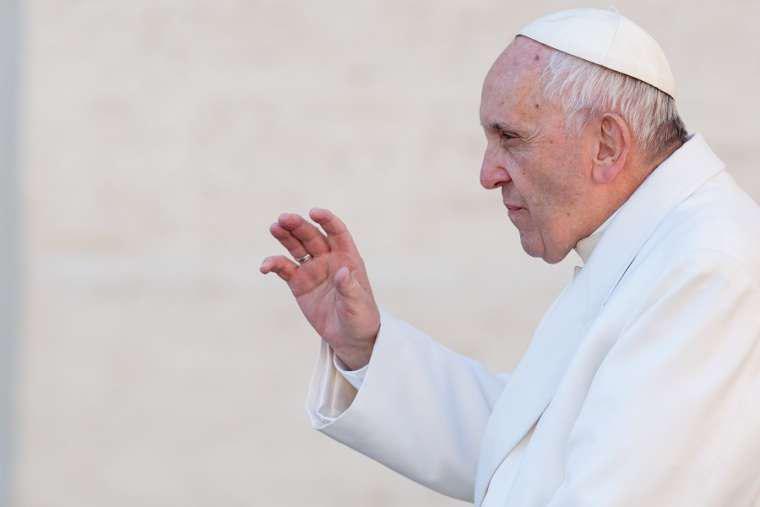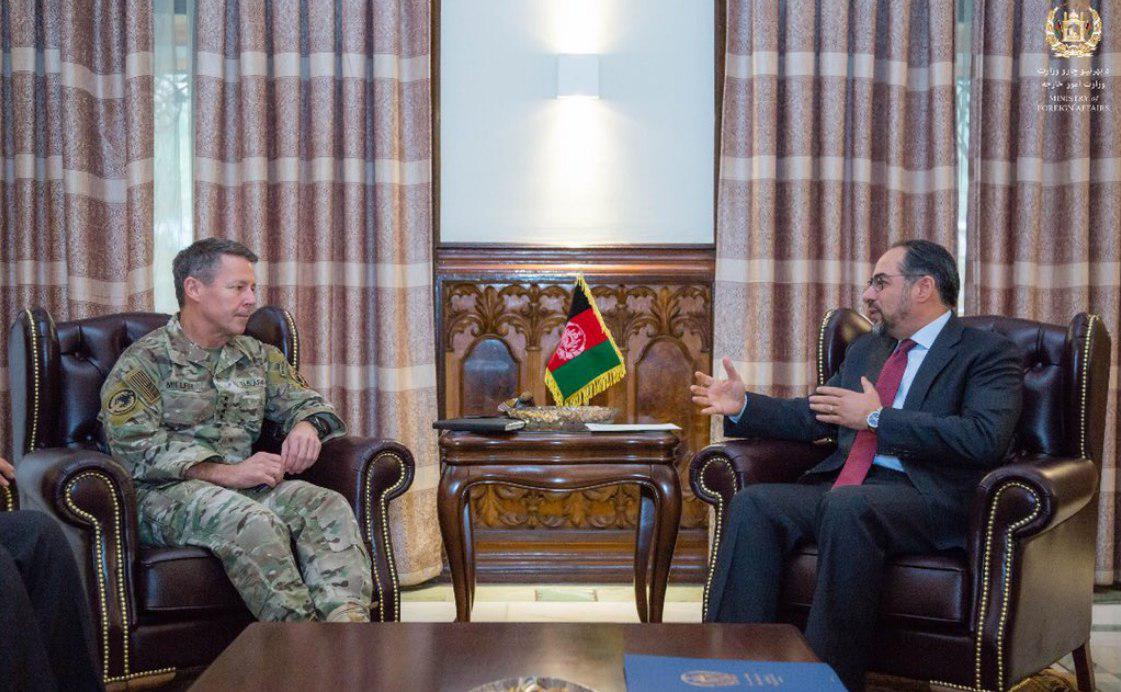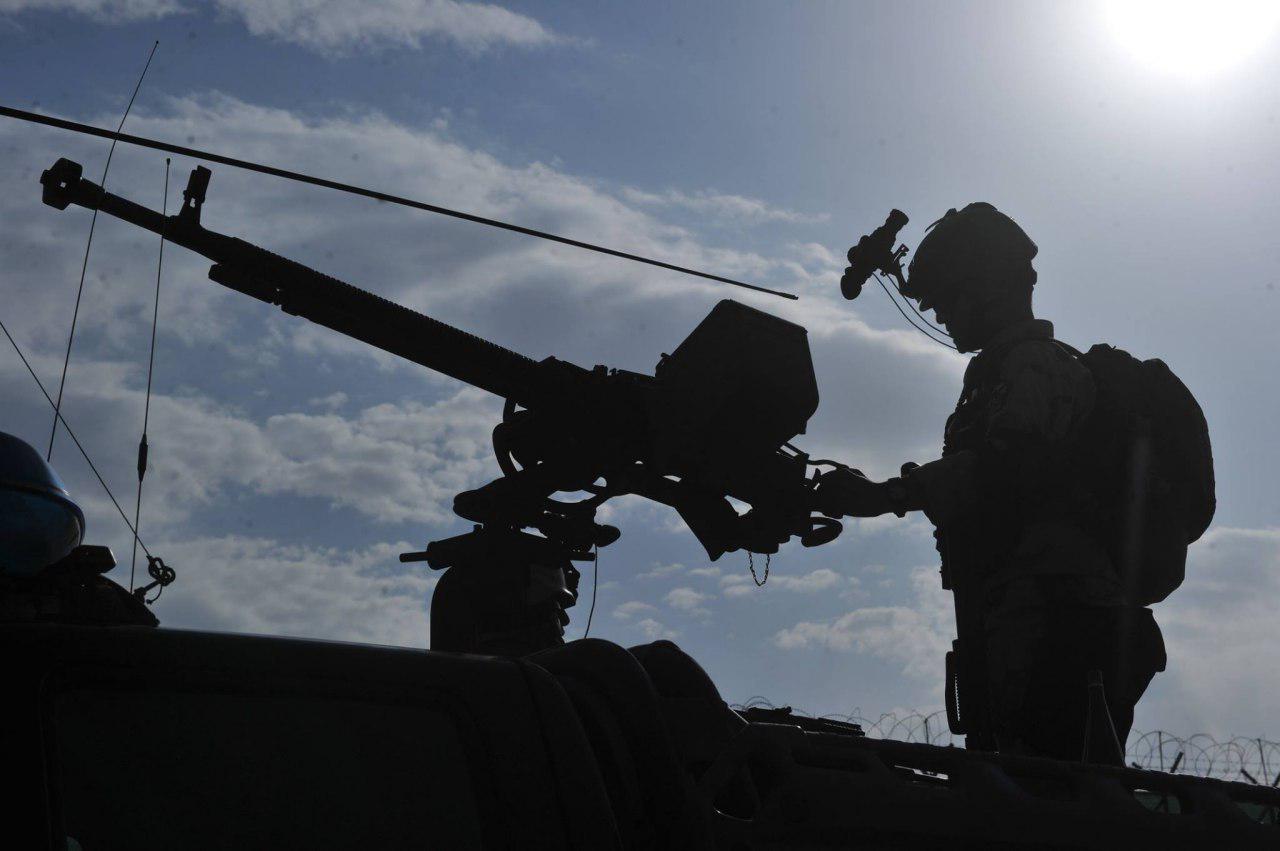Afghan Crisis; Beijing and Moscow Wrestling in Vacuum Left by US
One issue is troubling the Chinese-Russian approach towards Afghanistan, and it is likely to turn the two giants against each other: contradictory definition of inclusive government

By Zaher Shokohmand
Translated by Sayed Taher Mojab
“History is being repeated” is probably the most honest example about Afghanistan as it always returns back from the middle of history and repeat the past events but with change of time. Sometimes Shah Shuja comes and rules the country again and sometimes foreign invasions change their place; sometimes Afghanistan is being attacked from north and sometimes from the south.
In the early 20th century and the end of World War II, Britain left Afghanistan. At the end of the 20th century and the end of the Cold War, the Soviet Union fled Afghanistan. Now, at the beginning of the 21st century and the end of the new world order, the United States abandoned Afghanistan. According to evidence, it is the polar bear (Russia)’s turn again and the opportunity for the yellow dragon (China).
It was in the mid-1960s that the decay signs of the communist system gradually began to rise from the hidden layers of politics; just like the last two decades when the United States supported the Islamic republic of Afghanistan. In the 60s, everything was referred to the Soviet embassy on Darulaman street in Kabul, and the general policies of the country’s communist system was determined by Moscow: the good and the bad. The Cold War, the arms and space rivalries, as well as the Soviet occupation of Afghanistan, had taken a heavy toll on the fragile economy of the Soviet Union. National anti-Soviet uprisings were spreading in Eastern Europe and the communist bloc was about to go down in history. The Soviet Communist Party failed to lead the anti-capitalist world. The capitalism brought Marxism-Leninism to its knees. In fact, the world was moving towards a polarization, and Afghanistan – dependent on a failed polarity – had no choice but to receive the fundamental changes. The change in the political party and the government’s leadership and the replacement of Dr. Najib with Babrak Karmal did not improve the status either because the situation in Moscow was not well, too.
In addition, uprising against the communist government inside the country, interventions by Pakistan, the United States, Saudi Arabia, and some other countries in favor of the Mujahidin with an economy largely dependent on international aid were factors that destroyed the communist system in Afghanistan. Leaving aside the 9-year Mujahidin rule and the previous Taliban era, the last two decades have been a repetition of the same scenario after the Saur Revolution, with this difference that this time the supporter of the system did not go bankrupt but administrative corruption played its role.
The decay signs of the Islamic Republic began to rise since 2014. The spread of corruption, drugs, political disputes, election fraud and the country’s economic dependence on foreign aid led to the collapse of the government. Ultimately, the government created and supported by the international community in two decades toppled and the same scenario of the fall of communist government was repeated. Other incidents occurred frequently, including the re-establishment of the Taliban, the collapse of Afghan armed forces, the destruction of the constitution and all infrastructure, which also occurred once in the 1970s.
However, the purpose of presenting these details is to explain the “repetition of history” in Afghanistan which has become a vicious circle and its fear is always imminent. After the 2001 developments, no one ever believed that the Taliban would regain power in Afghanistan. Accordingly, one could not believe that one day a wounded polar bear (Russia) would come back again: Now it is back.
The Russian foreign minister Sergey Lavrov in an interview with Russia’s state-owned channel, Rossiya 24, said that Moscow attempts to prevent instability in the neighboring countries of Afghanistan.
“The entrance of terrorist threats and drugs from Afghanistan to the borders of Russia needs repression inside Afghanistan,” he added.
Thus, Afghanistan has become a battleground between China and Russia with the withdrawal of the US from Afghanistan, leaving the expected vacuum. Moscow and Beijing are the two old-young champions of the global games – One has the experience of using force in Afghanistan and the other just wants to prove itself. China, however, is highly opportunistic, seems to have learned from the experiences of other heroes, only wants to maneuver in the economic field. Russia does not have much to say about the economy as in the past, it would rely on the military option.
Russia and China sometime have the same and sometimes different interests, strategies, and concerns regarding Afghanistan. Russia is concerned about the spread of ISIS in Central Asia while China is more concerned about the East Turkestan Uighur movement. Both countries emphasize stability in Afghanistan and the fight against terrorism, but differ on Afghanistan’s economic and political issues.
Differences in opinion are common in politics, but one issue is troubling the Chinese-Russian approach towards Afghanistan, and it is likely to turn the two giants against each other: contradictory definition of inclusive government. While Russia favors an inclusive government with a definition close to that of Iran, China has a different view and has decided not to take a clear position on this issue. This will lead to Moscow-Beijing confrontation in a vacuum left by the United States.






